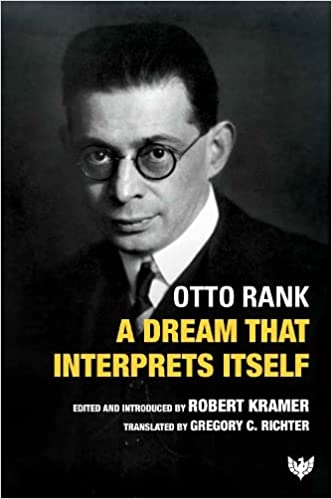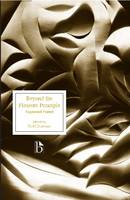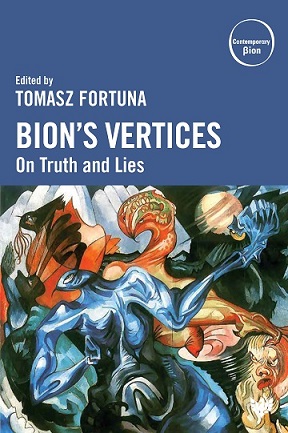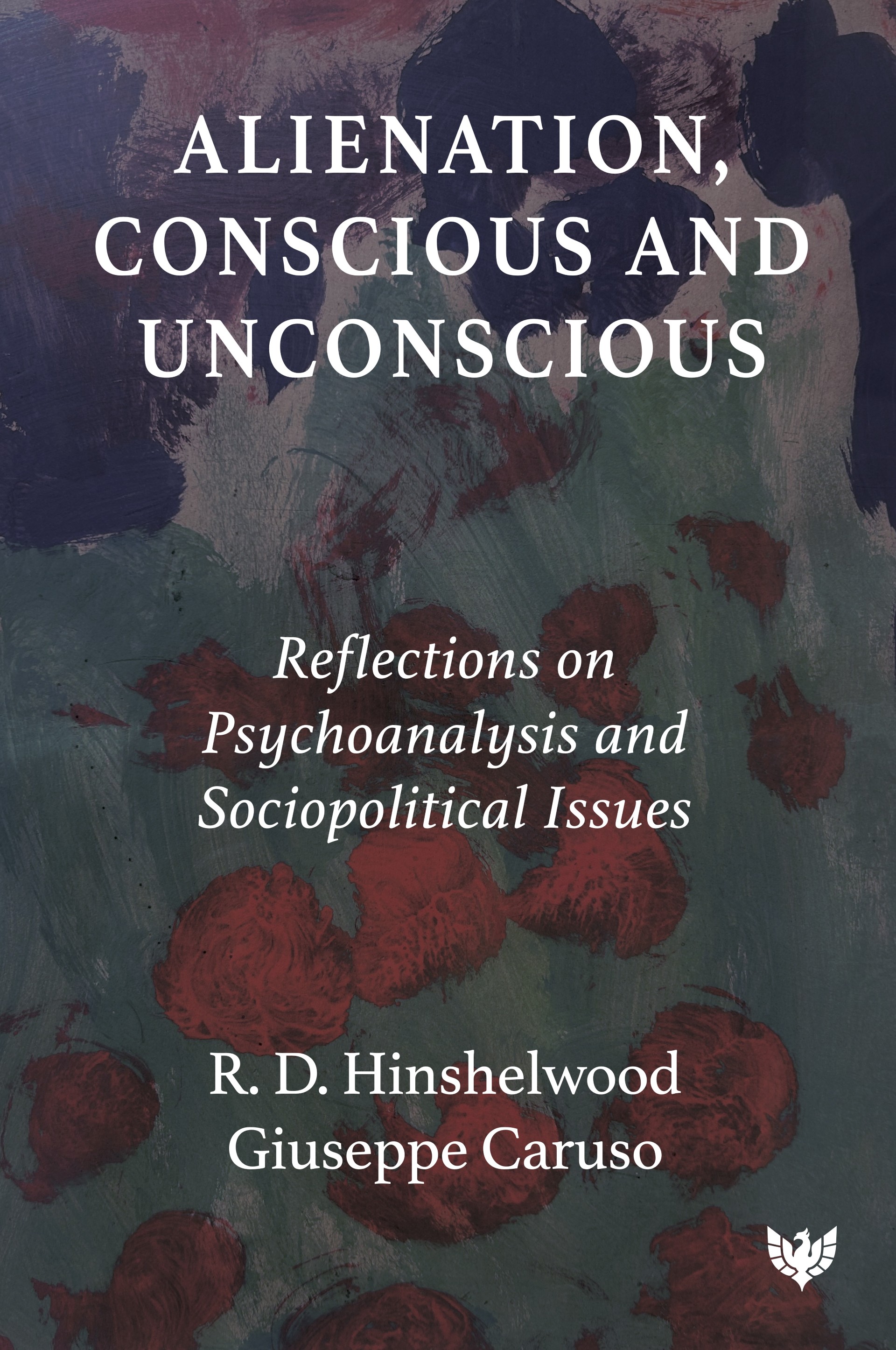A Dream That Interprets Itself

Book Details
- Publisher : Karnac Books
- Published : October 2023
- Cover : Paperback
- Pages : 120
- Category :
Psychoanalysis - Catalogue No : 97104
- ISBN 13 : 9781800132054
- ISBN 10 : 9781800132
Also by Otto Rank
In Quest of the Hero
Price £30.00
Also by Gregory C. Richter
Beyond the Pleasure Principle
Price £22.25
Also by Robert Kramer
There are currently no reviews
Be the first to review
Sigmund Freud hired Otto Rank as his secretary and funded Rank’s PhD in literature at the University of Vienna. In 1910, at age 26, Rank published ‘A Dream That Interprets Itself’. Freud could not praise the essay highly enough; impressed by Rank’s erudition, Freud invited his protégé to contribute two chapters, on poetry and myth, in 1914 to The Interpretation of Dreams. Thereafter, Rank’s name would appear under Freud’s on the title page of the foundational text of psychoanalysis for the next fifteen years.
Grateful for Freud’s generosity, Rank published a stream of articles and books advancing psychoanalytic thinking into almost every area of the arts and humanities, thus demonstrating to Freud’s critics that the validity of psychoanalysis did not hinge solely on his autobiographical work The Interpretation of Dreams. Rank died in 1939 and his work fell out of favor until a renaissance of interest beginning in the 1970s.
This is the first English translation of Rank’s masterpiece of dream interpretation, originally published in 1910 as “Ein Traum, der sich selbst deutet” in the journal Jahrbuch für Psychoanalytische und Psychopathologische Forschungen, 2(2): 465–540. It is accompanied by an in-depth introduction from editor Robert Kramer, the world’s only Rankian psychologist. The book is essential reading for all psychoanalytic scholars, practitioners, and historians, and those interested in dream analysis.
Reviews and Endorsements
‘Otto Rank’s A Dream That Interprets Itself is a tour de force by a thinker who radically rethought Freud’s model for dream analysis. Bringing all of his cultural and literary sophistication to bear, Rank examines something very rare in the early psychoanalysis, a dream from a member of the working class, a governess in a wealthy family. Such analysis provides not only innovative insight into the internal processes of the dreamer but into her sense of the world which she inhabits. A shining translation by Gregory Richter of a major milestone in the psychoanalytic literature of the first generation.’
Sander L. Gilman, author of Are Racists Crazy? How Prejudice, Racism, and Antisemitism Became Markers of Insanity
‘Otto Rank – one of the founders of global psychoanalysis – became, alas, “vilified, ignored, or simply forgotten”. Happily, due to Robert Kramer’s passionate and meticulous scholarship and Gregory Richter’s superb and fluid translation skills, English-language readers now have the privilege of enjoying Rank’s much-overlooked text, which provides us all with immense insight and understanding of dreams and the human mind.’
Professor Brett Kahr, Senior Fellow, Tavistock Institute of Medical Psychology, London, and visiting professor of psychoanalysis and mental health at Regent’s University London
‘A young woman amused by her eccentric dream asks Otto Rank to interpret her dream. She is not a patient, not neurotic, and has little interest in psychoanalysis. Rank uses her dream to prove the validity of Freud's theory. The result is a remarkable and exceptionally multi-layered, highly intricate text with an insightful introduction by leading Rankian expert Robert Kramer.’
Professor Aner Govrin, Director of Psychoanalysis and Hermeneutics Doctoral Track, Bar-Ilan University
'This short book published for the first time in English translation takes us through Rank's interpretation of two dreams told to him by one woman. [...] The book is very much of its time – Rank's interpretation operates within a set of turn-of-the-century cultural and sexual norms, and it would be fascinating to see how modern gender theory and politics would play into the interpretation of those dreams now.'
Nick Campion, MBACP, integrative psychotherapist
Table of Contents
About the author
About the editor
About the translator
Introduction
Robert Kramer
A Dream That Interprets Itself
Otto Rank
Index
About the Author(s)
Freud considered Otto Rank to be the most brilliant of his disciples. With access to the master’s most intimate thoughts and feelings, Rank contributed two chapters to The Interpretation of Dreams in 1914. His name would appear below Freud’s on the title page for the next 15 years.
In the wake of Freud’s rage against the pre-Oedipal thesis of The Trauma of Birth (1924), which proposed the heresy that mothers are just as powerful as fathers, those Rank had trained as analysts in Vienna were required to be re-analysed by Freudians in order to retain their credentials. Co-creator of the psychoanalytic movement with Freud, Rank was now anathema. His enemies in the inner circle, especially Ernest Jones, ‘fell on him like dogs,’ said Helene Deutsch, an early analyst.
For almost a century, Rank has been vilified, ignored, or simply forgotten by the psychoanalytic establishment. But with the publication in 1973 of Ernest Becker’s Pulitzer-prize winning, The Denial of Death, Rank’s fortunes began to change dramatically. Single-handedly, Becker brought Rank back from the dead, making a powerful case that Rank was the most brilliant mind in Freud’s circle, with more insight into human nature than even the master himself.
If the 20th century was Freud’s, the 21st century, as Becker predicted fifty years ago, is shaping up to be Rank’s, ‘the brooding genius waiting in the wings,’ according to Irvin Yalom.
Robert Kramer, PhD, is Director of Leadership Development at the Existential Humanistic Institute of Europe, with branches in Madrid, Budapest and Athens. Prior to joining EHI-Europe, he was visiting professor of psychology at Eötvös Loránd University (ELTE) in Budapest. At ELTE, he taught existential-humanistic psychotherapy. During Spring 2022, he was professor of psychoanalysis at ELTE, only the second person in Hungary to hold this title. The first was Sándor Ferenczi. He has lectured on the life and work of Otto Rank at the 3rd World Congress on Existential Psychology (2023) in Athens, Greece; Sigmund Freud University in Vienna; Corvinus University of Budapest; George Washington University; American University; the American Psychological Association; the International Psychoanalytical Association; the Sigmund Freud Museum in Vienna; The Program for Hermeneutics and Cultural Studies at Bar-Ilan University, Israel; the University of Athens Medical School, Greece; the International Institute of Existential and Humanistic Psychology, Beijing; the William Alanson White Institute, New York; the Indiana Society for Psychoanalytic Thought in Indianapolis; the Existential-Humanistic Institute, San Francisco; and the University of Pennsylvania School of Social Work in Philadelphia.
He has published in The Los Angeles Review of Books, The Times of Israel (Tel Aviv), and The New European (London). During academic year 2015–2016, he was the inaugural International Chair of Public Leadership at the National University of Public Service in Budapest, Hungary. In 2016, he resigned his chair in protest against the corruption of the Orbán regime.
His articles have appeared in peer-reviewed journals in the US, the UK and, in translation, in Austria, Canada, France, Germany, Hungary, the Netherlands, and Spain. His latest article, Discovering the Existential Unconscious: Rollo May Encounters Otto Rank (The Humanistic Psychologist, 2023) has been published in translation in Chinese and Russian, and is now being translated into Greek, Turkish and Hungarian. He serves on the editorial board of the Journal of Humanistic Psychology (US), founded by Abraham Maslow.
He edited and introduced Otto Rank’s A Psychology of Difference: The American Lectures and co-edited, with E. J. Lieberman, The Letters of Sigmund Freud and Otto Rank: Inside Psychoanalysis.
Gregory C. Richter (PhD in Linguistics, University of California San Diego, 1982) taught German and Linguistics at Truman State University, Missouri, from 1983 to 2022. He maintains interests in formal linguistics and in translation theory. His publications include numerous translations from German, and centre on Viennese psychoanalysis. He has produced new renderings of Beyond the Pleasure Principle (2011), The Future of an Illusion (2012), and Civilization and its Discontents (2015) by Sigmund Freud, all at Broadview Press. He has also produced translations of Otto Rank’s The Incest Theme in Literature and Legend (1992), Psychology and the Soul (1998, with E. James Lieberman), and The Myth of the Birth of the Hero (2004, with E. James Lieberman), all at Johns Hopkins University Press. More recently, he served as translator for The Letters of Sigmund Freud and Otto Rank: Inside Psychoanalysis (2011, edited by E. James Lieberman and Robert Kramer), Johns Hopkins University Press. Other publications include translations of works in French and Chinese. In the past few years, he has also served as copy editor for two presses – Ex Ophidia Press and Plain Wrapper Press Redux.
Customer Reviews
Our customers have not yet reviewed this title. Be the first add your own review for this title.
You may also like
Alienation, Conscious and Unconscious: Reflections on Psychoanalysis and...
R.D. Hinshelwood
Price £34.19
save £3.80










